Four key issues that defined Nigeria's 2023 presidential and legislative election process
Four key issues that defined Nigeria's 2023 presidential and legislative election process
Nigeria’s next elected president will lead the country into celebrating 63 years as an independent nation on 1 October 2023. In that time, Nigerians have seen attempts at democracy interrupted three times, but democracy has been the system of government for the last 24 years, with the 25 February polls the seventh since 1999. In that time, Nigeria has witnessed two presidents stand down after serving the constitutional limit of two terms (2007 and 2023) as well as an electoral defeat for an incumbent (2015). For the presidential and national assembly elections on 25 February 2023, CDD deployed over 4,900 trained and accredited observers to systematically monitor the polls across all 36 states of the federation plus the federal capital territory (FCT). These insights, supported by analysis by data clerks, the work of fact-checkers and social media monitors, and the expertise and input of leading analysts provide the basis for this report on the elections. It identifies and analyses four key themes - election day operational challenges and the use of technology, violence and voter suppression, voter behaviour and the influence of money and online falsehoods - that shaped the process, and provides some initial reflections on emerging trends from the voting so far as well as recommendations for improving future processes in the short, medium and long time.

